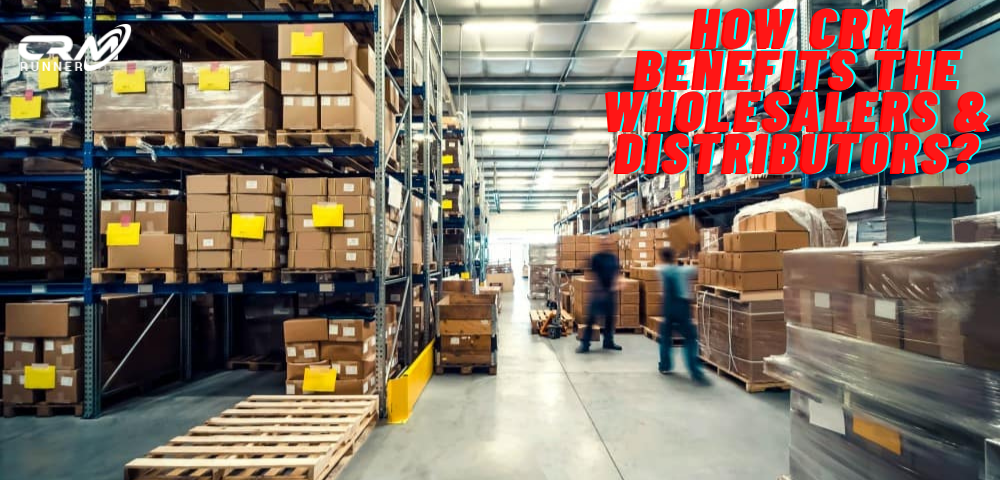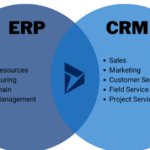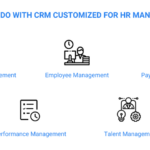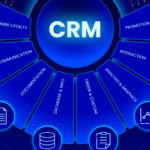More & more distributors are adopting CRM, not for its own sake, but because today’s competitive markets and difficult economy demand that every aspect of their business, including sales, operate as productively and efficiently as possible.
Wholesale companies sell to different types of customers, each of which has different requirements. Treating them all the same means that you may not be unlocking your full business potential. The best CRM for sales can help you accommodate to their buying preferences; the expectations of a retailer will be different to another wholesaler, and so sales activities such as offering promotions and sending email campaigns ought to be tailored to these diverse requirements.
Let us discuss a few advantages of using a CRM Software for any wholesaler/ distributor
Communication
A major challenge for any wholesaler is to keep their customers happy by satisfying orders and adhering to agreements that can only be achieved by having a strong communication network. The running of a business depends on clear communication, but messages and information can get lost or misinterpreted. CRM Runner can improve communication across an organization by displaying each interaction with a customer, what stage of the sales process they are engaged in, and what actions might need to be taken. This allows your team to be clear as to what’s going on and where everyone’s at, work together as a cohesive whole, and improve customer service.
Customer Information
You can find out with CRM what are the most common requests, which customers need more support, and keep track of all these interactions. It is essential to keep contacts, as there will be contacts for every business with which you do business. Storing these in a card index is much more cumbersome and difficult to search through than if they can all be retrieved from a standalone contacts database.
Increased productivity
Wholesale firms continue to rely on manual processes, paperwork, and files to support their customers. The automation that CRM for business provides means that these tasks can be accomplished quicker and easier. This saves a lot of time for the organization and increases productivity.
Opportunity management
CRM can help redefine a sales person’s role by providing a tool for tracking opportunities across the sales cycle as a sales pipeline. As they shift their efforts to managing opportunities, salespeople create more value for customers and deliver better results for the distributor’s business.
Improve the accuracy of sales forecasts
CRM improves sales forecasting by providing an accurate and detailed understanding of sales results by salesperson and territories, by-products and brands, by peak and off-season efforts, and any other way a distributor could track the results of a business.
In conclusion, CRM helps you manage your clients and give them a comprehensive overview. It also helps you manage your contacts and the communication you have with them. You can market products/services and promotions more easily to your customer base, and specifically adapt them to whomever they are sent to. You can manage customer support more easily, and give your customers the self-service option.






0 Comments